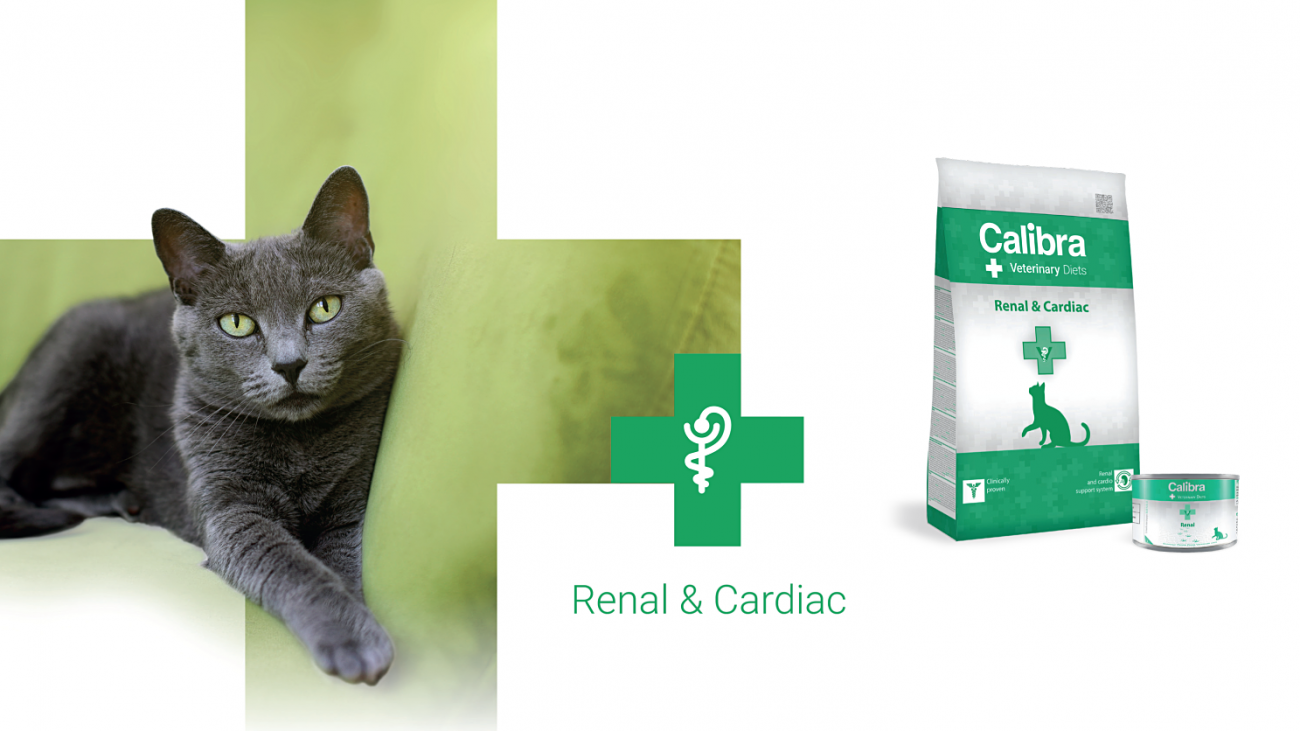Calibra VD Cat Renal & Cardiac for cats
9. February, 2022
Kidney failure and heart disease not only threaten older cats, but also occur in
young individuals. Whether it is an acute or chronic illness, using the right
treatment and appropriate food is a key tool to improve the quality and prolong
the life of your four-legged friend.
In this article you will read about:
- What is the function of the kidney
- When chronic kidney disease occurs
- How the heart and kidney are related
- Which symptoms indicate a kidney failure
- How the Calibra Renal & Cardiac veterinary diet helps
Why are the kidneys important?
The kidneys are an indispensable organ – they act as a filter and support blood formation. They also concentrate urine and support hydration of the body and reabsorption of water and ions, which help maintain stable internal conditions (homeostasis). They also create the hormone erythropoietin, which supports the formation of red blood cells.
Kidneys eliminate harmful substances and metabolic wastes from the body. They also contribute to the activation of Vitamin D.
 Vitamin D je is taken in by way of food in the form of precursors – Vitamin D3 (cholecalciferol)
Vitamin D je is taken in by way of food in the form of precursors – Vitamin D3 (cholecalciferol)
and Vitamin D2 (ergocalciferol), and the body can create it on its own through exposure of the skin to sunlight. The active form of Vitamin D is called calcitriol and is activated directly within the kidneys. In the form of active calcitriol, it acts as a hormone and takes part in many body‘s vital processes. It helps regulate calcium and phosphorus and the mineralization of bones. As a result of kidney disease, the body has insufficient quantities of the hormonally active form of Vitamin D. Long-term deficiency can cause bone decalcification, disorders of bone mineralization (rickets), and calcium deposits in tissues and organs.
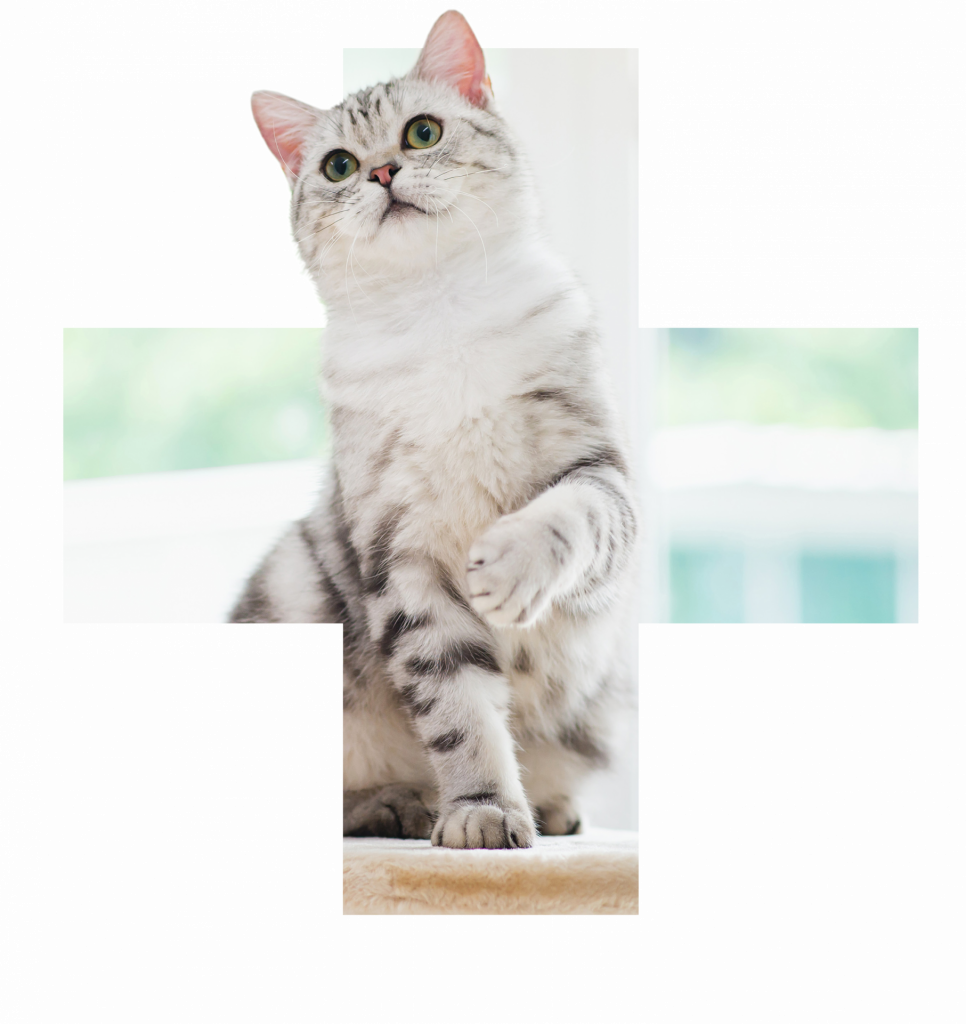 If kidney function in cats is affected, this is known as “kidney disease”. With acute kidney disease, the animal urinates more frequently, as the kidneys are not able to concentrate the urine, which leads to the excretion of a larger amount of fluid. If the condition is not treated, damage to kidney tissue (parenchyma) worsens, and the animal enters the anuric phase – it does not urinate at all.
If kidney function in cats is affected, this is known as “kidney disease”. With acute kidney disease, the animal urinates more frequently, as the kidneys are not able to concentrate the urine, which leads to the excretion of a larger amount of fluid. If the condition is not treated, damage to kidney tissue (parenchyma) worsens, and the animal enters the anuric phase – it does not urinate at all.
The production of erythropoietin also stops, and anemia occurs, a cause of fatigue due to the lower volume of oxygen distributed throughout the body. When the kidneys are incapable of excreting metabolic waste, it begins to accumulate in the blood and uremic syndrome occurs.
What is “uremic syndrome”?
When kidneys cannot maintain homeostasis or eliminate metabolic waste, serious disorders of the entire organism occur. At first the animal is lethargic and shows signs of nausea. This is followed by vomiting, diarrhea, the formation of bleeding ulcers in the digestive tract, skin changes, inflammation of the heart and the chest cavity,
shortness of breath, and cramps. In serious cases, this condition ends with unconsciousness and death.
Chronic kidney disease (CKD)
Chronic kidney disease is a condition in which functional kidney tissue is irreparably damaged. Nephrons are the basic building blocks of kidney tissue. There are various causes of their loss:
- Acute kidney disease
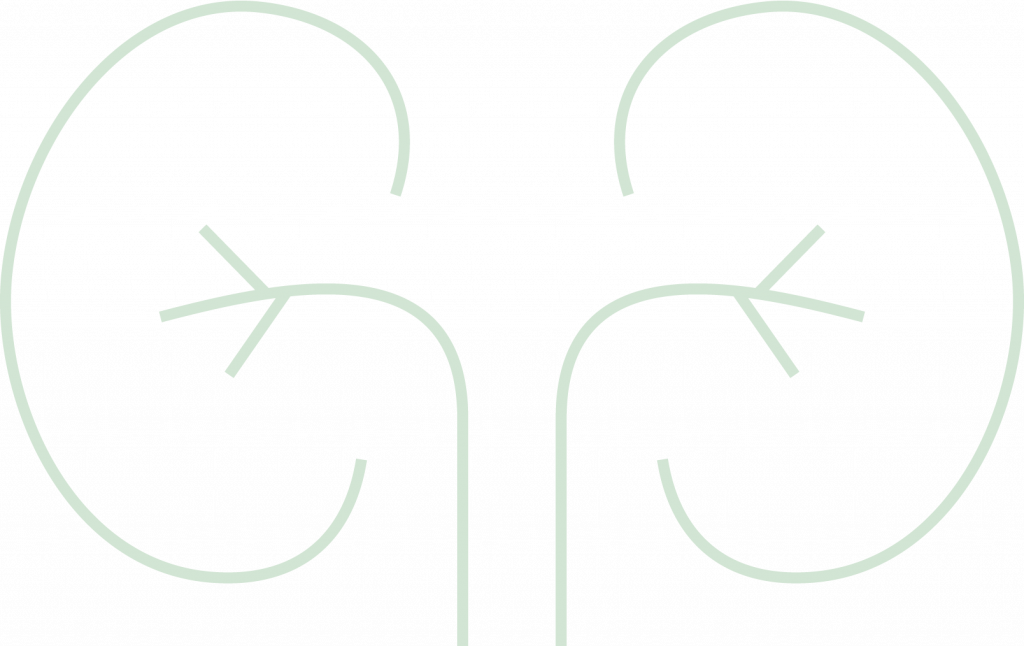 High blood pressure (hypertension) and other heart diseases
High blood pressure (hypertension) and other heart diseases- Diabetes
- Infection
- Autoimmune diseases
- Tumor (neoplasia)
- Poisoning
- Congenital problems
- Long-term use of certain medications
The condition of the kidneys is monitored using a scale created by the International Renal Interest Society (IRIS) based on the appearance of the kidneys and their function – the results of laboratory tests.
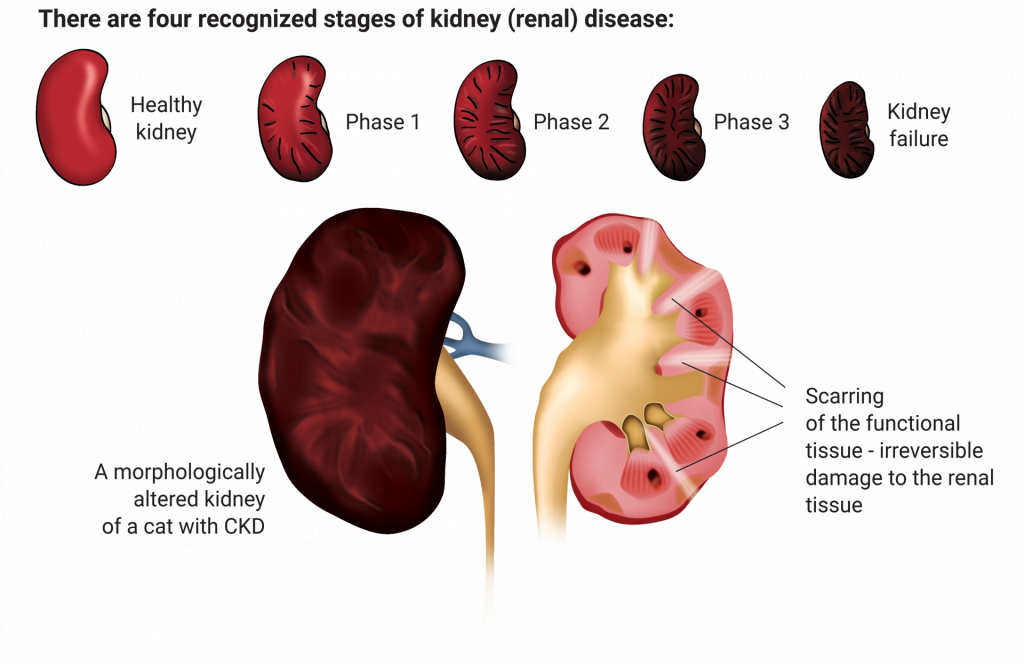
In the early stages, kidney disease presents no clinical symptoms. It is only later, when the kidneys cease to function and toxic metabolic waste (uremic toxins) begins to accumulate in the body, that symptoms begin to appear. Kidney disease shows clinical symptoms when more than 75% of the kidney’s functional tissue is damaged.
Damaged parenchyma (kidney tissue) cannot be repaired. We can only stabilize the patient and relieve symptoms through a properly chosen diet in combination with medication.
Nutritional therapy is absolutely essential with kidney disease. Through its use, we can relieve strain on the functional tissue, thereby significantly prolonging the patient’s life and its quality. It is essential to have the cat checked regularly by a veterinarian to ensure that the condition of the kidneys and the progress of the disease are under constant professional supervision.
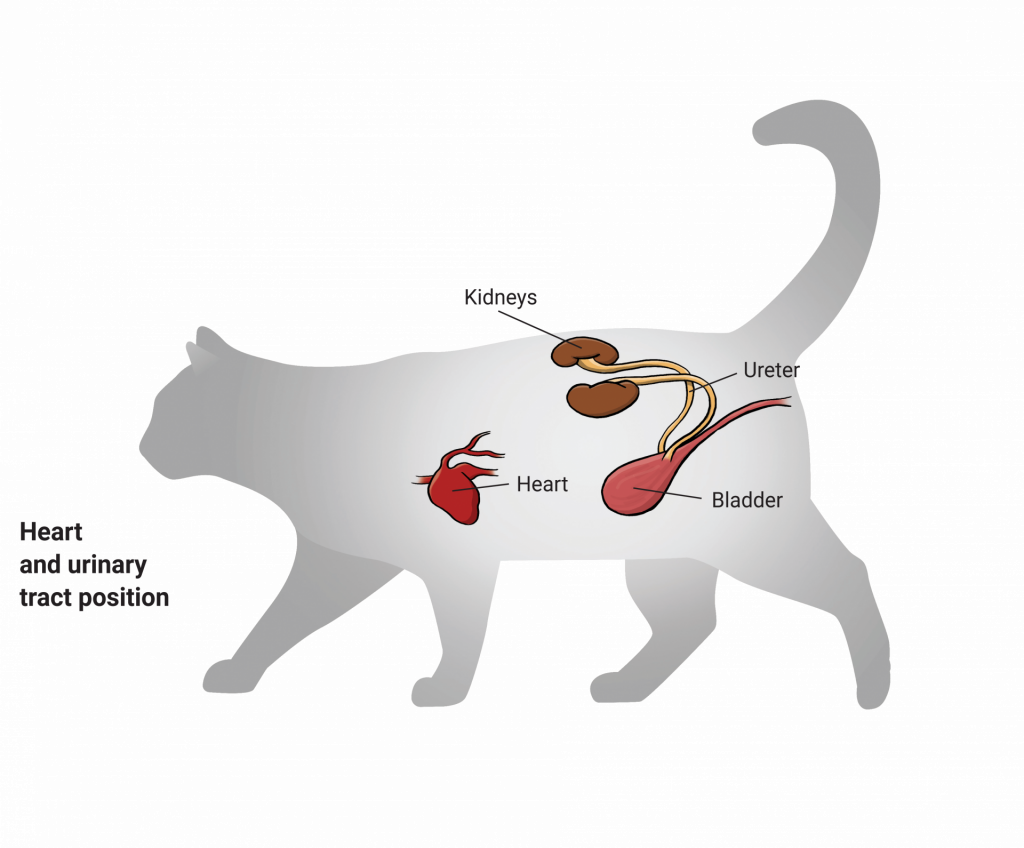
How is kidney disease diagnosed?
Preventive examinations are important for early detection of the disease, particularly regular blood tests in aging cats. Affected kidneys do not display any clinical symptoms in the early stages of the disease. If an ongoing problem is suspected, other diagnostic methods can be used, such as urine sampling and ultrasonography.
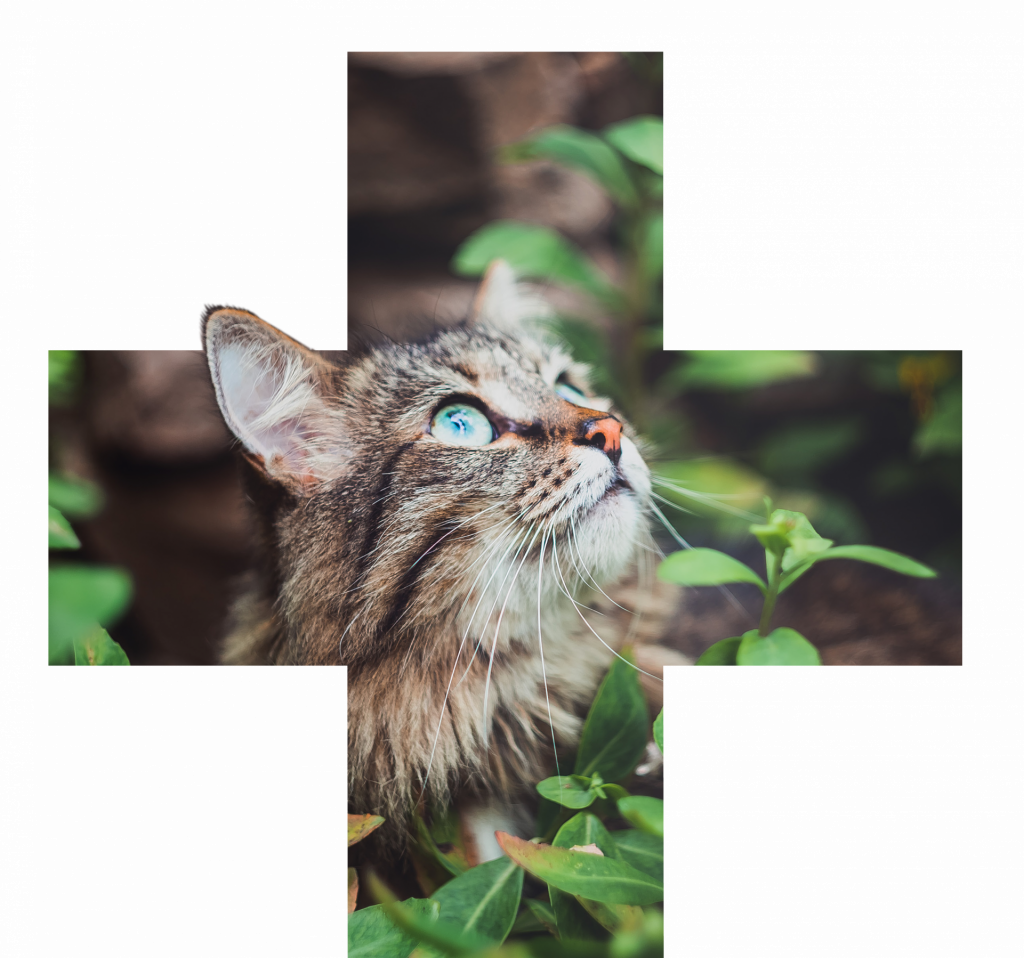 Why do older cats suffer from kidney disease?
Why do older cats suffer from kidney disease?
Chronic kidney insufficiency is one of the most common health problems of aging cats. Felines are adapted to environments with higher temperatures and lower fluid availability.
They are therefore capable of highly concentrating the urine, and, in comparison with other mammals, they drink less. More concentrated urine means the kidneys must work harder, and it is assumed that this mechanism contributes to wear and tear on kidney tissue and greater susceptibility to kidney disease in older cats. There are multiple hypotheses but without unanimous consensus.
Gender and breed predisposition
The incidence of chronic kidney failure is about the same in females and males. Gender predisposition is not, therefore, as significant as, for example, breed predisposition. These breeds suffer from kidney disease most frequently: Maine Coon, Havanese, Siamese, Burmese, and Russian Blue.
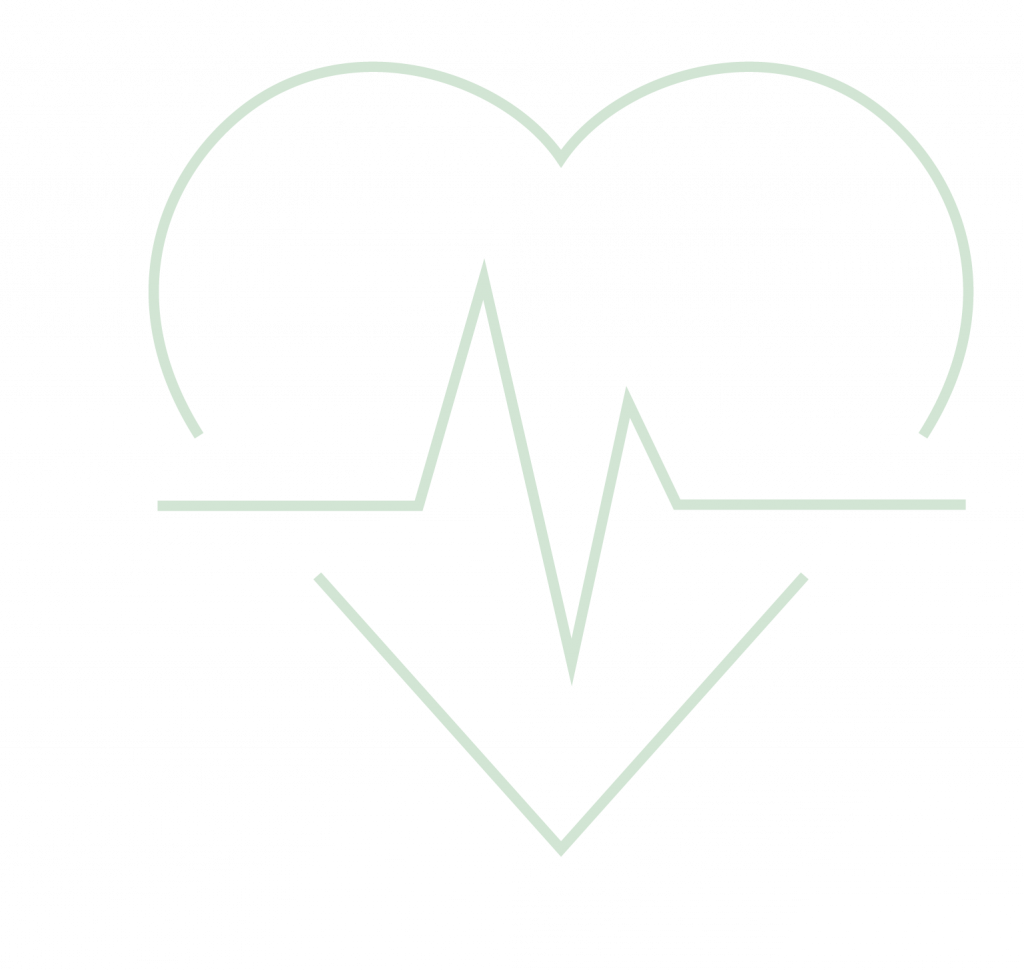 How are the heart and kidneys related?
How are the heart and kidneys related?
The cardiovascular system includes the heart and blood vessels. In addition to oxygenation of tissues and distribution of substances, it maintains the circulating volume of fluid (the volume of fluids in circulation). The kidneys assist with this function – they filter blood plasma, and urine is formed. The kidneys reabsorb important substances, such as amino acids, glucose, and ions, back into the blood as needed, and excrete metabolic waste or unnecessary substances into the urine.
High blood pressure and chronic kidney disease
We already know how closely linked the heart and kidneys are. As the kidneys become damaged and their function impaired, this can lead to long-term hypertension (high blood pressure). Hypertension is also a frequent result of damaged kidneys.
Clinical symptoms of kidney disease:
- Worsened coat quality
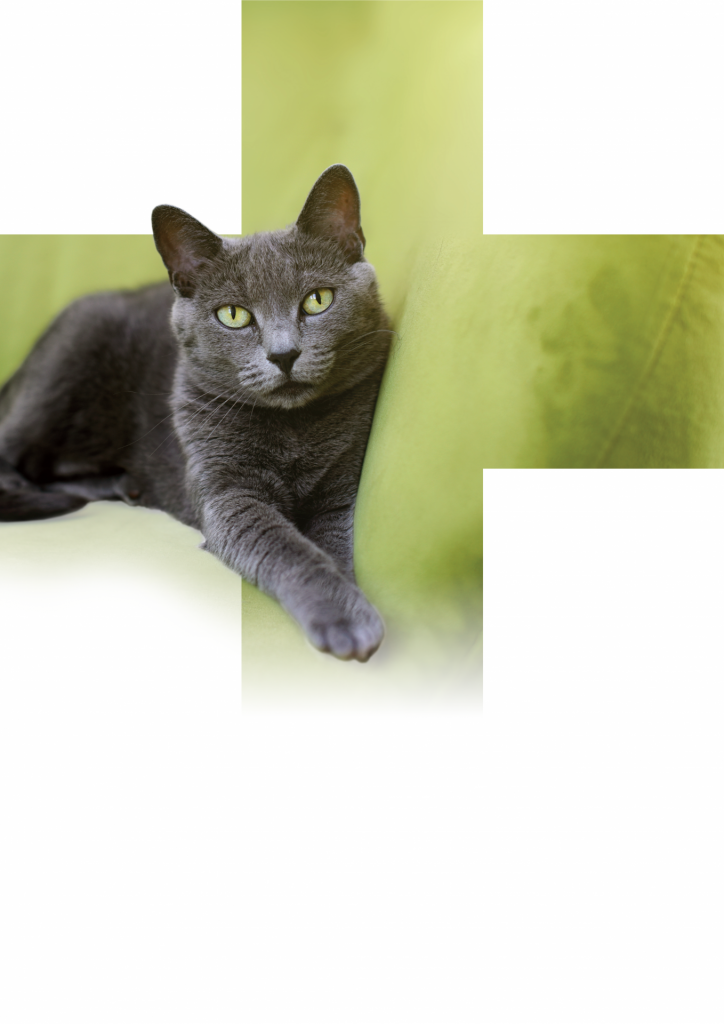 Bad breath (halitosis)
Bad breath (halitosis)- Loss of appetite (sometimes due to ulcers in the oral cavity)
- Weight loss
- Lethargy, tiredness, depression (often resulting from anemia)
- Increased/decreased water intake
- Increased/decreased urination
- Vomiting and/or diarrhea may be present
Importance of special veterinary diet
Kidneys excrete metabolic waste – substances produced when proteins are broken down. To eliminate the risk of toxicity from these waste products, the protein content of the veterinary diet is reduced, and its source is highly digestible. One such source is eggs – a “perfect protein” from a biological standpoint. Eggs have one of the best amino acid composition of all available proteins and are easily digested.
The diet is enriched with arginine – an amino acid that improves blood circulation, and taurine, which is for cats an essential nutrient. Taurine plays important role in certain physiological processes, among all it is very important for the heart muscle.
Minerals in the diet must be balanced. Compared with standard diets, sodium and phosphorus are reduced, which eases strain on the heart and kidneys.
Omega-3 fatty acids have an anti-inflammatory effect, making them a suitable addition to a renoprotective diet.
Diseased kidneys are unable to maintain metabolic balance, leading to acidification of the internal environment, also known as „metabolic acidosis“.
Potassium citrate (an alkalizing substance) helps to restore balance.
Minerals in cardio- and renoprotective diet
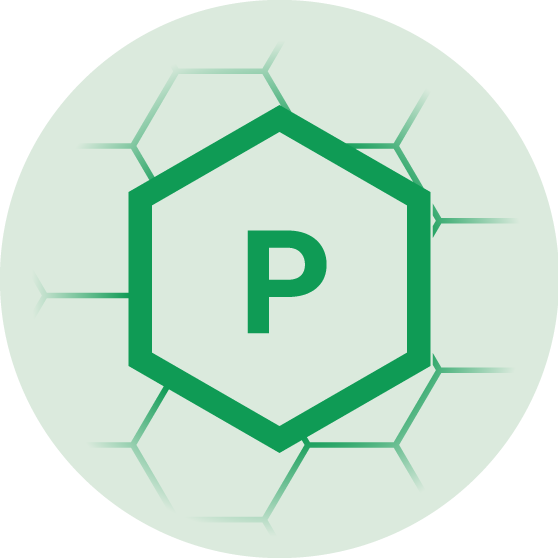 Phosphorus – reduced content
Phosphorus – reduced content
If, as a result of illness, filtration in the kidneys does not work properly, then excess phosphorus is not eliminated. Phosphorus is contained primarily in meat. If its content in the diet were the same as in standard food for healthy cats, it would accumulate in the blood as a result of non-functional elimination. Accumulation of phosphorus in the blood
would begin to leach calcium from the bones along with phosphate.
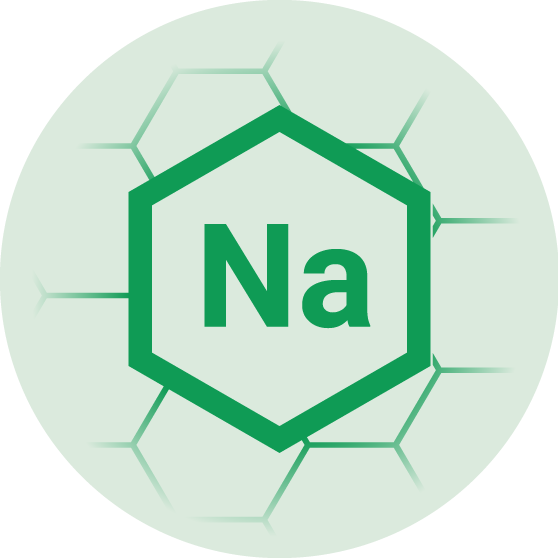 Sodium – reduced content
Sodium – reduced content
The primary function of sodium in the blood is to maintain blood pressure and circulation. If the kidneys are damaged, sodium and water are retained in greater quantities. If the sodium content of the diet were the same as in standard food for healthy cats, it could lead to hypertension – increased blood pressure - which puts additional strain on the kidneys,
as well as on the heart and the entire cardiovascular system.
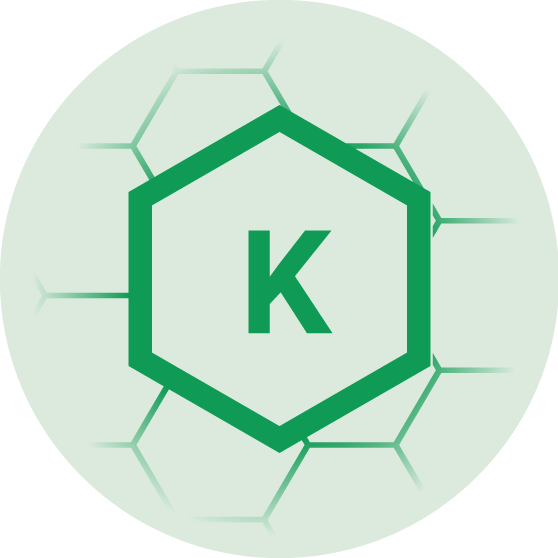
Potassium – slightly increased content
Potassium is an important mineral – if it is lacking in the body, it can lead to cramps, overall weakness, and irregular heartbeat. Recent studies also showed the link between higher dietary potassium and lower blood pressure.
What does Calibra VD Renal & Cardiac offer?
[#product-1392]The Renal & Cardiac Veterinary Diet provides nutritional support for:
- Kidney insufficiency and disease
- Treatment of cardiac diseases
- Treatment of hypertension
The circulatory and excretory systems are closely linked, so Calibra has come up with a combined diet for cats – Calibra VD Renal & Cardiac, which supports the heart and blood circulation, as well as the kidneys and the excretory system. This veterinary diet contains a balanced formula to support the circulatory and excretory systems: Renal and Cardiac Support System.
[#product-440]Calibra VD Renal & Cardiac:
- Recipe with high quality proteins – eggs
- Low sodium content, low phosphorus content, and an optimal concentration of potassium
- CIRCULATORY SYSTEM HEALTH COMPLEX – A special combination of substances to support the functioning of kidney tissue and the cardiovascular system:
High arginine content (improves blood circulation) and high taurine content (supports the heart muscle)
Vitamins and antioxidants (polyphenols and flavonoids from green tea and turmeric)
High Omega-3 content (from salmon oil and algae)
…and finally...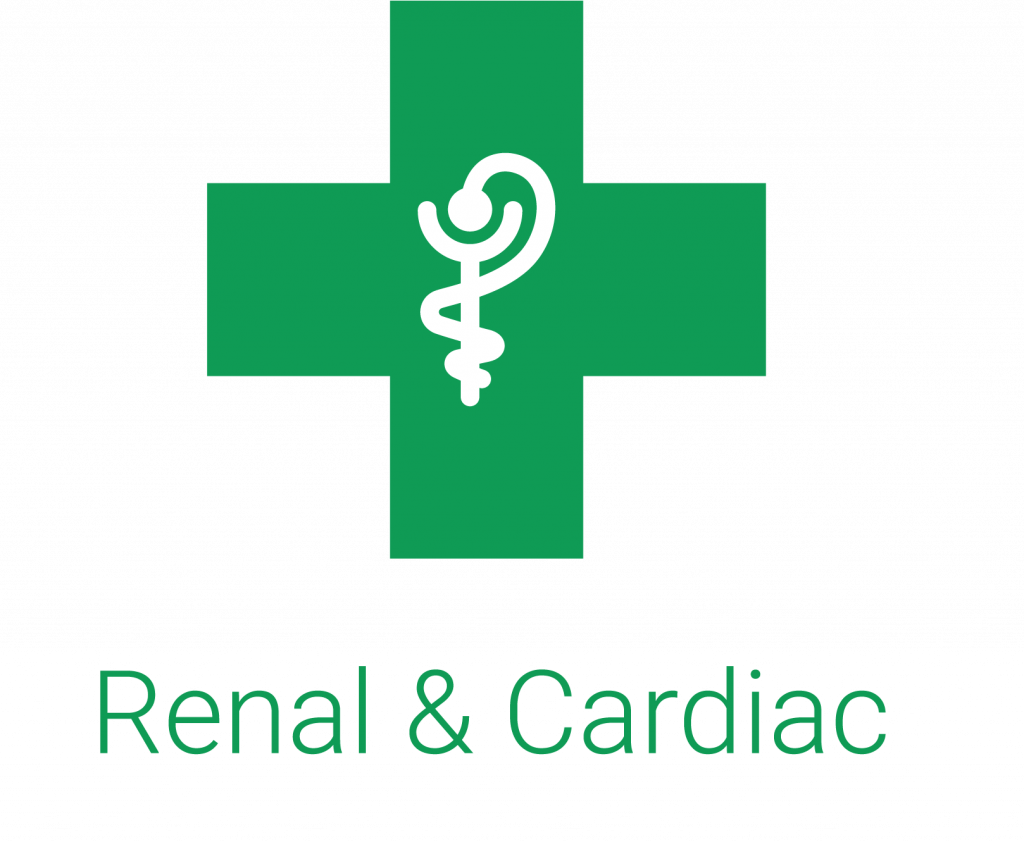 Kidney tissue cannot be regenerated. Damage to nephrons is permanent. All we can do is identify and eliminate the cause of the problem and slow down the progress of the disease. Calibra VD Renal & Cardiac is a renoprotective diet, which not only reduces strain on the kidneys, but also helps preserve the function of the remaining healthy kidney tissue. Cats can remain on this diet for the long-term, but it is necessary for the animal to remain under constant veterinary supervision.
Kidney tissue cannot be regenerated. Damage to nephrons is permanent. All we can do is identify and eliminate the cause of the problem and slow down the progress of the disease. Calibra VD Renal & Cardiac is a renoprotective diet, which not only reduces strain on the kidneys, but also helps preserve the function of the remaining healthy kidney tissue. Cats can remain on this diet for the long-term, but it is necessary for the animal to remain under constant veterinary supervision.
In addition to special food, cat also needs plenty of fresh water and a calm environment, as stress can have a highly negative effect on cats. Thanks to properly managed nutrition, it is possible to improve the patient‘s quality of life, and in many cases to markedly prolong it.
